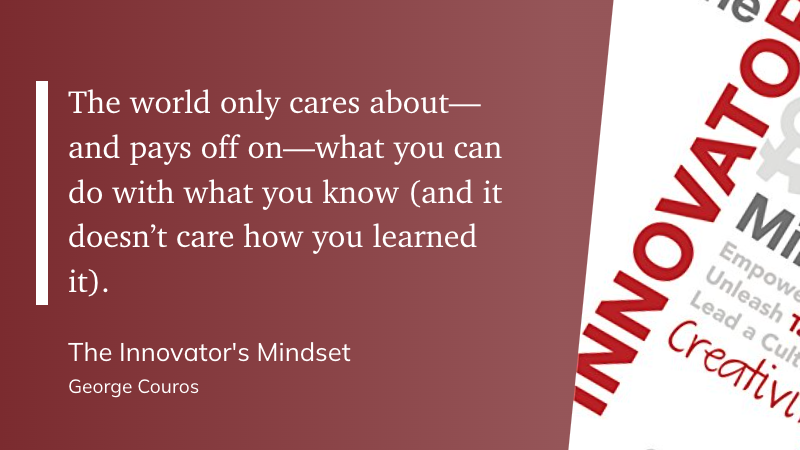
That’s just the way it is…
Greetings Starfighters,
Living in the Southern United States during the months of April and May is, to be quite honest, one of the most ill-informed choices a human being can make, especially for those of us suffering from seasonal allergies.
I mean, when you can wash your car and come back out to it a few hours later to be greeted by a powdery covering of yellowish-green stuff that is often a little sticky and definitely irritating, you know that you’ve made poor life choices.
But that same yellowish-green stuff is the sign of life returning to the world. My grass is the greenest of greens right now, thanks to more than enough rain and the nearly perfect fertile ground that covers much of Kentucky. I love looking at the world around me, but OH MY GOD, CAN WE GET SOME SUPER-SIZED AIR FILTERS FOR ALL THE POLLEN?
Ah well, such is the life of a Kentucky boy. All allergies and longing for time spent in the woods. Time for more nasal spray…
Quote of the Day
“The world only cares about—and pays off on—what you can do with what you know (and it doesn’t care how you learned it).” (George Couros, The Innovator’s Mindset)
Musical Interlude
It’s September 1986, and I’m just nine years old. My summer had been absolutely destroyed by two things: my family moved from Campbellsville, KY, to Elizabethtown, KY (there’s a movie about this place that is great, but not because they portrayed E-town properly), and Optimus Prime died in the Transformers movie.
Even now, it’s difficult to say which event was more traumatic.
Regardless, this song hit the radio waves, whether it was Q104 in Campbellsville or WQXE in E-town, and I loved it. The simple melodies combined with the incredible piano lead hit me. Of course, I didn’t understand the lyrics then, but they stuck with me.
That song was The Way It Is, written by Bruce Hornsby and recorded by Hornsby along with his band, The Range, at the time.
Hornsby has said he wanted to create a sense of place with the song lyrics, providing a snapshot of small-town life in Virginia. Much like Springsteen with New Jersey or Mellencamp with Indiana, Hornsby wanted to take listeners to Virginia and talk with them about racism.
I’m quite certain that’s exactly what he accomplished, and given the song’s enduring legacy in the nearly 40 years since its release, many millions have had the chance to talk about it and its meaning.
And that enduring legacy has reached beyond the pop and rock genres with many artists covering or sampling portions of The Way It Is for their own hits, most famously done by Tupac Shakur with Changes.
There’s not a version of The Way It Is that I don’t enjoy, but this one from BBC 2 Radio is quite good. The orchestra adds something special to Hornsby’s iconic piano.
Long Read of the Day
In the late 18th century, officials in Prussia and Saxony began to rearrange their complex, diverse forests into straight rows of single-species trees. Forests had been sources of food, grazing, shelter, medicine, bedding and more for the people who lived in and around them, but to the early modern state, they were simply a source of timber.
So-called “scientific forestry” was that century’s growth hacking. It made timber yields easier to count, predict and harvest, and meant owners no longer relied on skilled local foresters to manage forests. They were replaced with lower-skilled laborers following basic algorithmic instructions to keep the monocrop tidy, the understory bare.
Information and decision-making power now flowed straight to the top. Decades later when the first crop was felled, vast fortunes were made, tree by standardized tree. The clear-felled forests were replanted, with hopes of extending the boom. Readers of the American political anthropologist of anarchy and order, James C. Scott, know what happened next.
It was a disaster so bad that a new word, Waldsterben, or “forest death,” was minted to describe the result. All the same species and age, the trees were flattened in storms, ravaged by insects and disease — even the survivors were spindly and weak. Forests were now so tidy and bare, they were all but dead.
The Internet as we know it now has become a little too well-maintained and planned. We’re not seeing the true purpose of this amazing tool; in fact, we’re moving further and further from that original purpose.
Just like in our schools, we need to have a little less structure and let things get a little wild.
Video of the Day
Not to get into a huge debate here, but I will talk about AI. As a tech guy, I know all sides of every argument around the arrival of Generative AI tools like ChatGPT, DALL-E, and more. Yes, there are some very clear ethical issues attached to the usage of these tools, especially in the creative world.
However, there are very valid uses of the technology, provided we operate on the assumption that we are human beings and should treat everyone as such. We should only use AI tools to better ourselves or our work and NOT use AI as some all-encompassing replacement for the creativity of the human spirit.
This week on CBS Sunday Morning, Randy Travis got a feature. Travis, an award-winning, massively successful, Hall of Fame country music artist, suffered a stroke in 2013. Given only a 2% chance to live, Travis has battled against the odds and is still with us more than a decade later. However, the portions of his brain tasked with speech and singing were the most damaged by the stroke. His singing career was essentially over.
Until some folks thought about all the voice-generating tools powered by AI that create something that sounds a little like a famous artist but without any of the heart, passion, or humanity behind their voice. They decided that there must be a way to use these tools responsibly and help Randy Travis get his voice back.
Trust me, you’re going to need Kleenex for this one.
Final Thoughts
Admittedly, I’ve switched to publishing daily thoughts as a bit of an experiment. I’m trying to force myself to push out more content to continue developing my writing practice. However, I don’t ever want to get to a place where I’m publishing just for the sake of publishing. Veteran web publisher and all-around genius Om Malik recently talked about excessive activity leading to average quality, especially in the online world as the almighty algorithms continue to dominate. Cory Doctorow talks about the ‘enshittification’ of everything and I certainly see that on every social platform out there.
So, I’ll keep publishing daily but promise to remain vigilant about content quality. Yes, I like to share my thoughts, but I don’t want to share without providing value or insight. Only add good things to the world friends, never take away.
The Eclectic Educator is a free resource for all who are passionate about education and creativity. If you enjoy the content and want to support the newsletter, consider becoming a paid subscriber. Your support helps keep the insights and inspiration coming!
